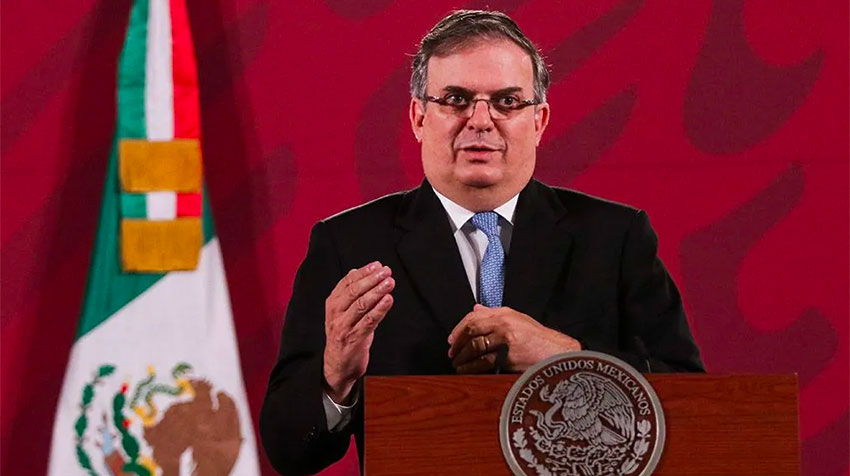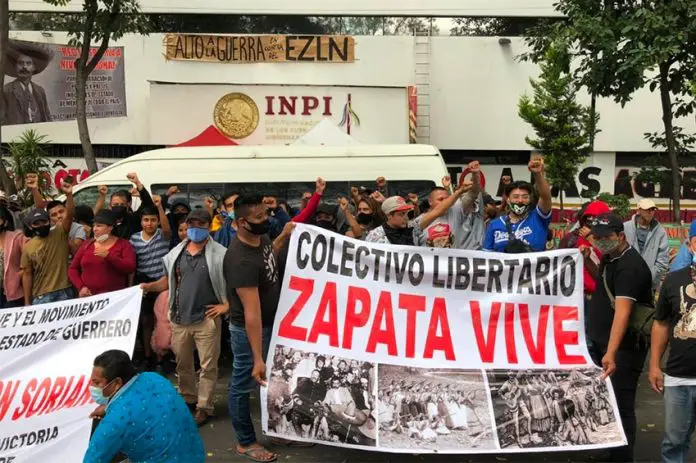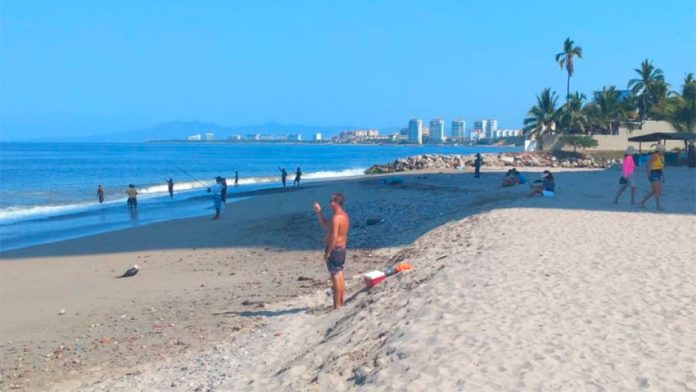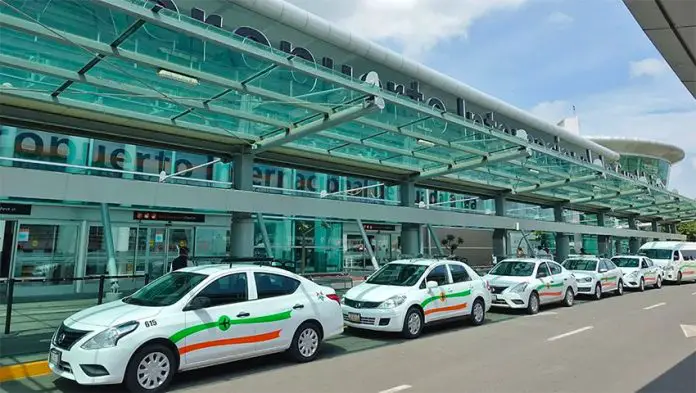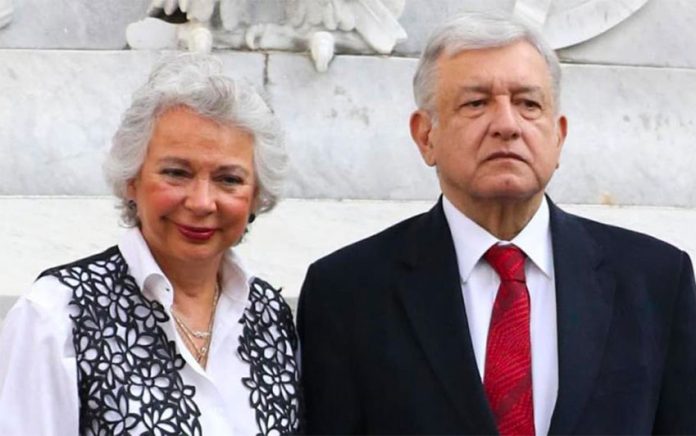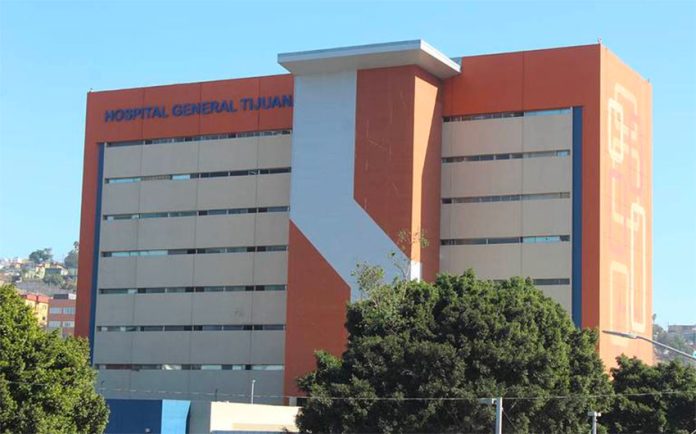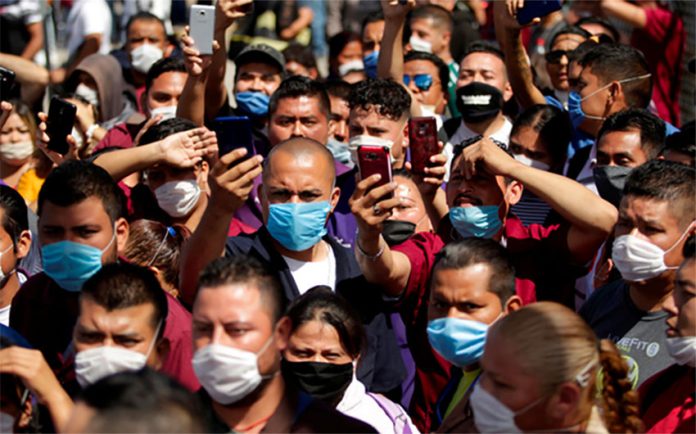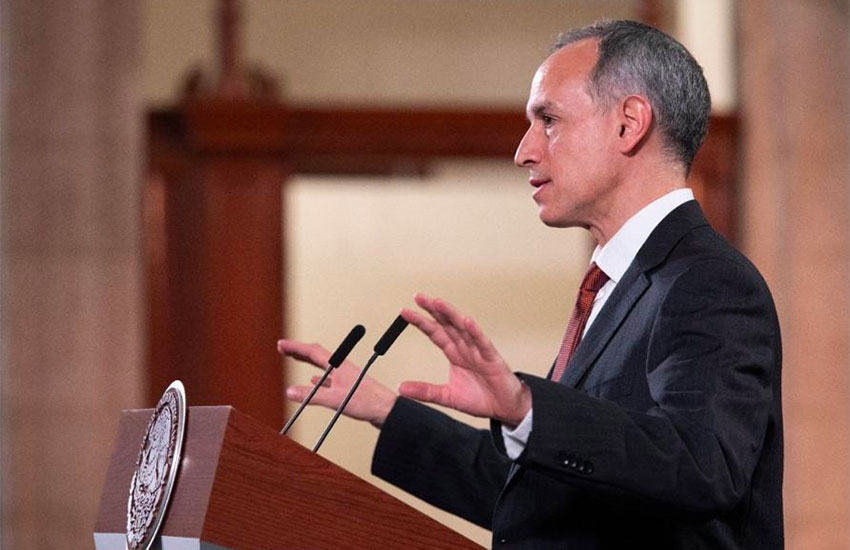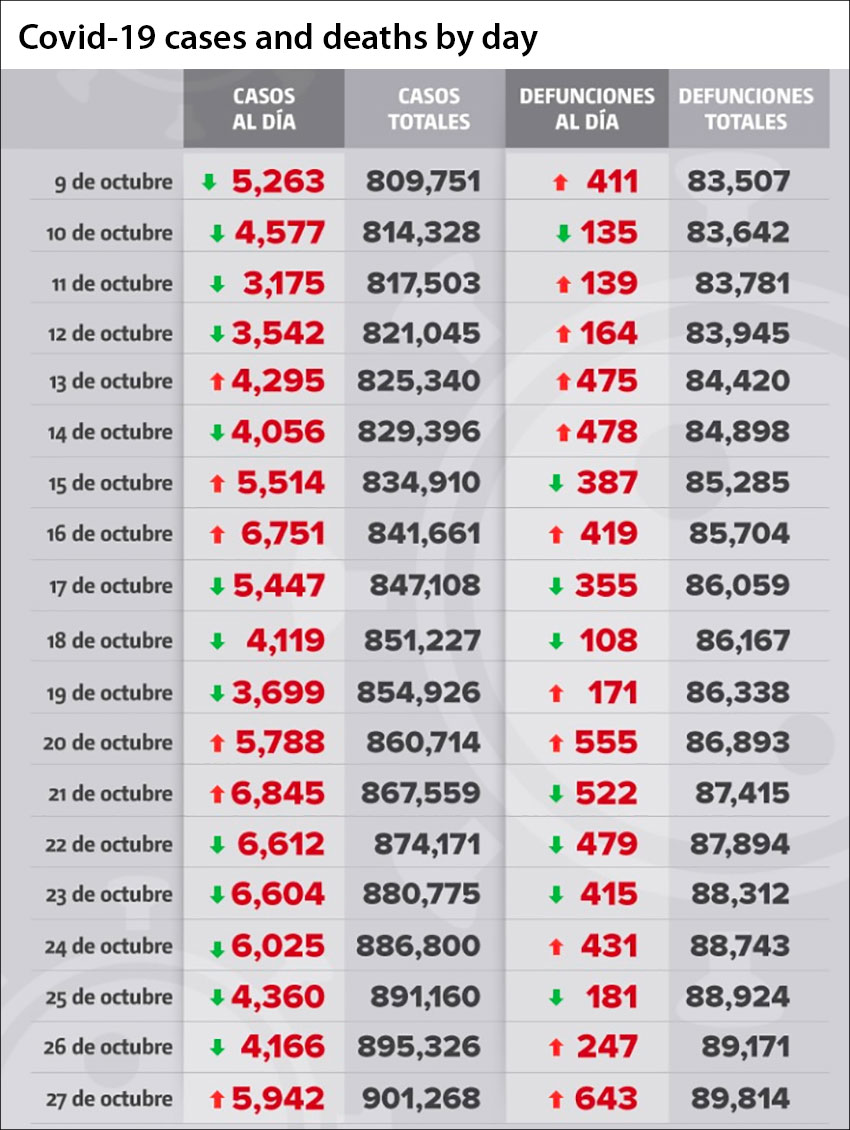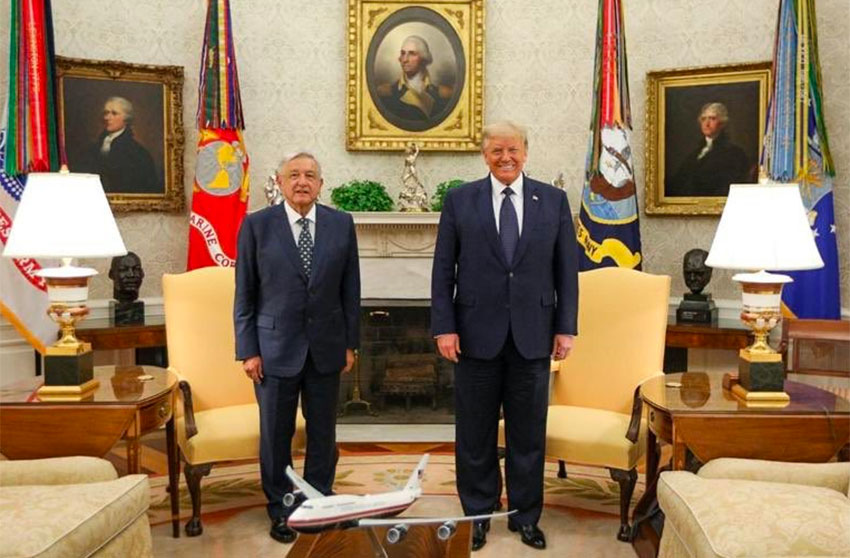A 91-year-old man has lost 355,000 pesos (US $16,760) after being duped into providing a bank account login code to fraudsters posing as bank employees.
According to a report by the newspaper El Universal, swindlers called Roberto (his surname wasn’t given) and convinced him on several occasions to give them the security token code to his account with Scotiabank.
Security token numbers, which can be generated on banks’ websites and mobile apps, are needed to make online transfers.
The supposed bank employees already had Roberto’s account username and password, El Universal said without explaining how they obtained them.
Family members told the newspaper that 355,000 pesos was removed from his account in August. They said that Roberto gave the fraudsters his token code on several occasions because the fact that they already had his username and password led him to trust them.

After realizing that he had been robbed, Roberto reported the theft at a Scotiabank branch in Querétaro where he was told that his funds would be returned within two months. But that hasn’t occurred.
In a letter to Roberto, the bank said the recovery of his funds was not possible because it was determined that he had compromised his account by providing login details to it. The protection of bank account details are the responsibility of the customer, Scotiabank said.
Despite the bank’s response, Roberto remains hopeful that he can recover the funds he lost, which were the proceeds of the sale of a property and which he used to cover personal expenses. He warned other people to take care to not become victims of the same scam.
El Universal reported that several other Scotiabank customers have been victims of telephone scams and are considering filing a collective lawsuit against the bank.
Ten customers who have together lost more than 4.1 million pesos (US $193,000) say that the bank is liable because it hadn’t implemented measures to prevent the theft.
About 500 Santander customers who have lost at least 100 million pesos (US $4.7 million) to fraud are also looking at taking legal action.
With cases of telephone fraud on the rise, several banks have launched social media campaigns to remind their customers not to share their account login details if they receive unsolicited calls from people passing themselves off as bank employees.
Condusef, the federal financial consumer protection agency, says that bank fraud via telephone is up 7.7% this year compared to 2019 but some banks have reported much bigger increases.
Scotiabank has reported a 112.5% surge in fraud attempts against its customers, while Santander and Banorte have reported increases of 110.1% and 70.7%, respectively.
Source: El Universal (sp)
